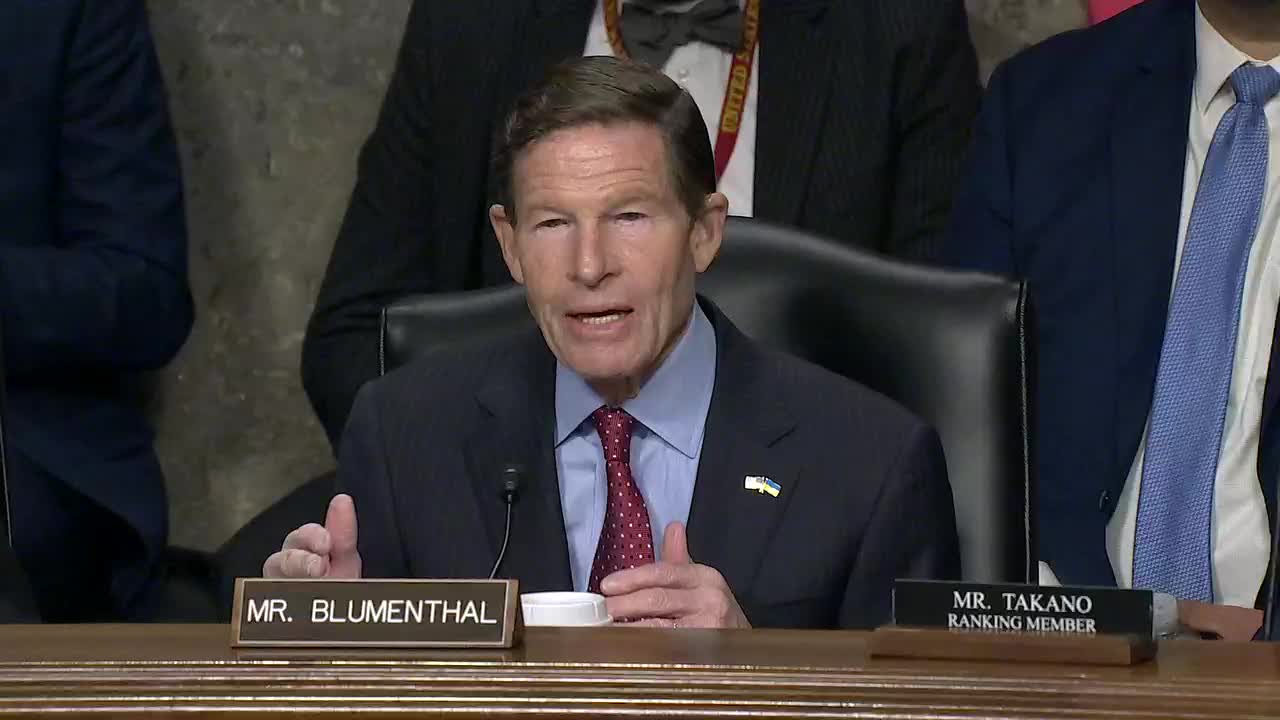Article not found
This article is no longer available. But don't worry—we've gathered other articles that discuss the same topic.
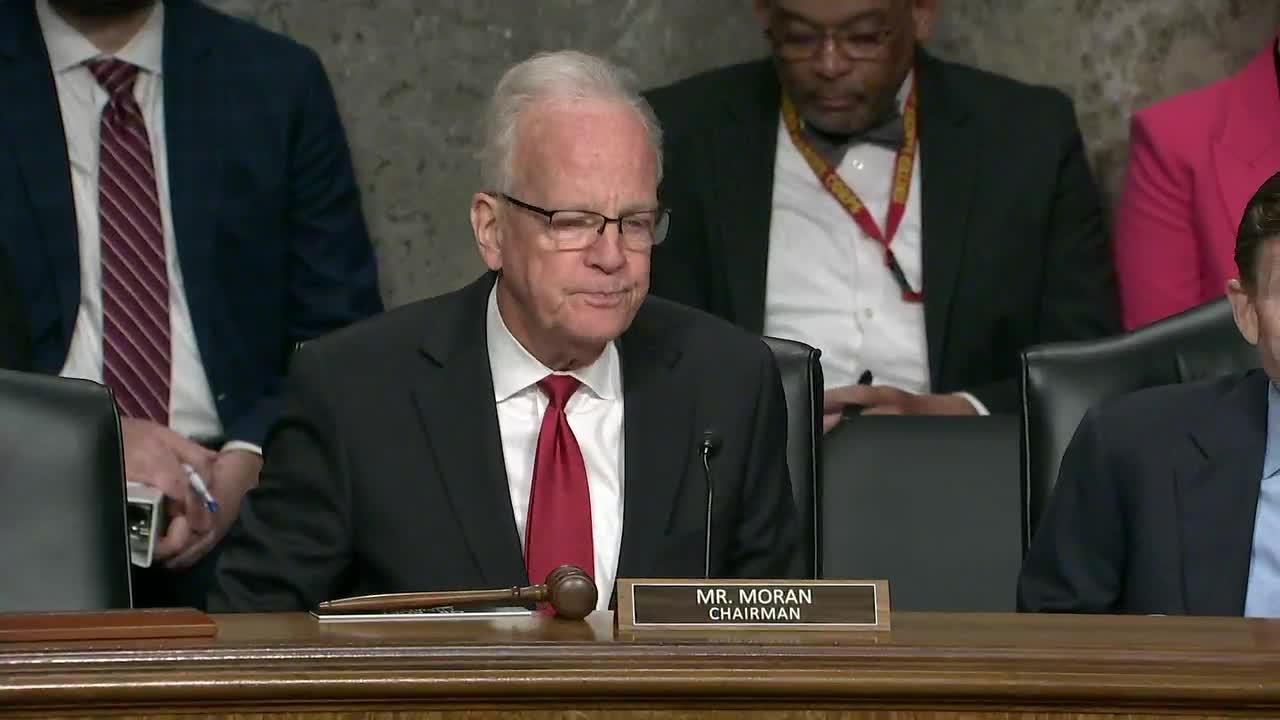
Paralyzed Veterans of America warns staffing shortages and aging facilities threaten specialized spinal cord care
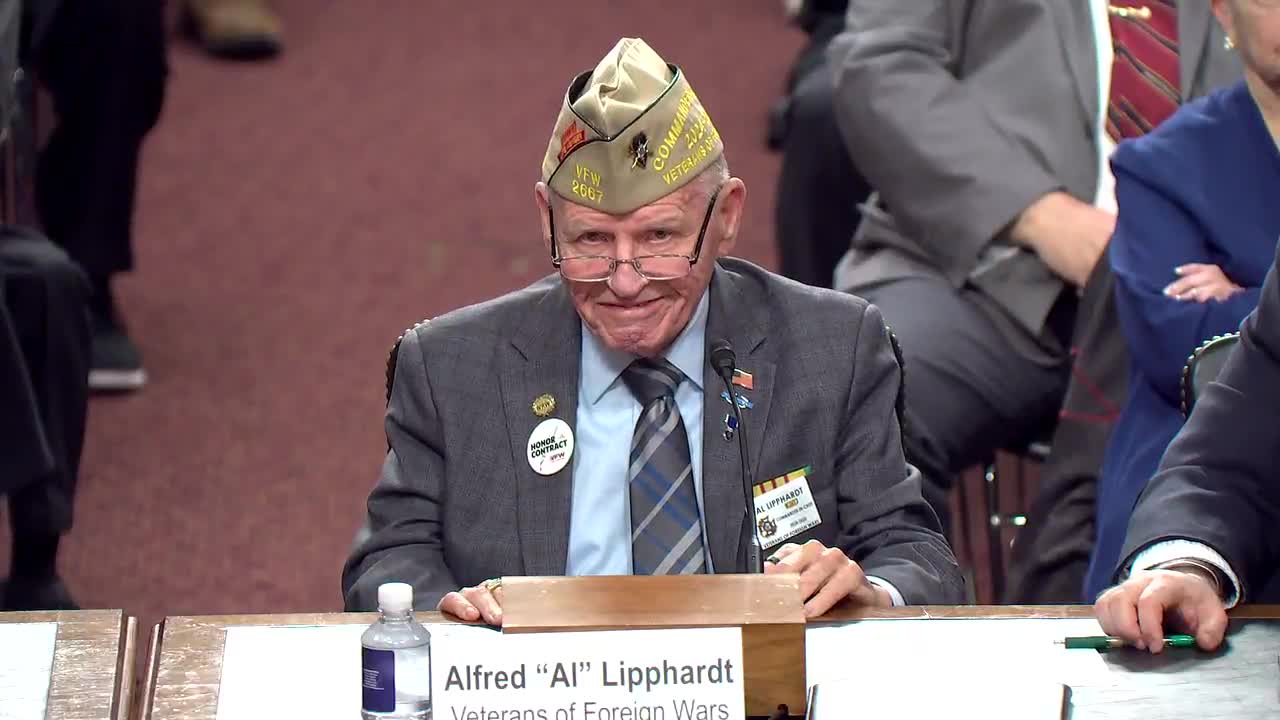
Student‑veterans, VSO leaders press Congress for Guard/Reserve GI Bill parity and education benefit updates
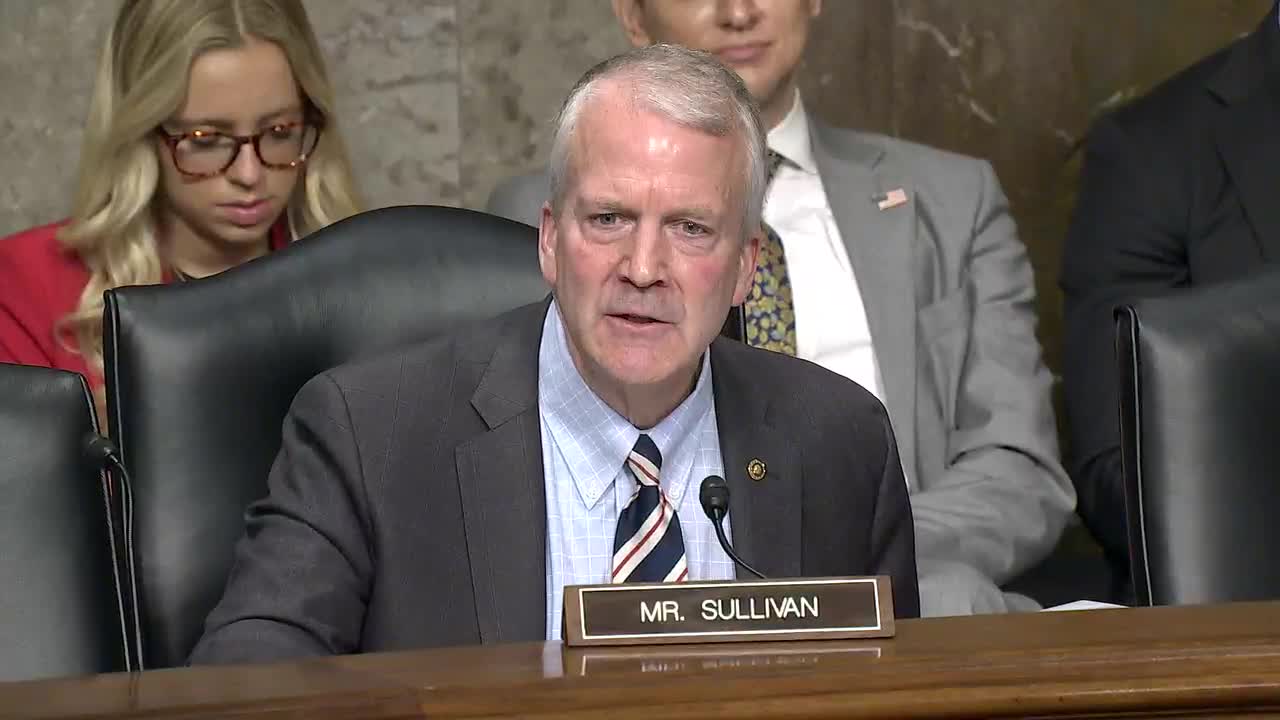
Homeless-veteran advocates urge Congress to protect HUD‑VASH access, fund per‑diems and prevent grant pauses
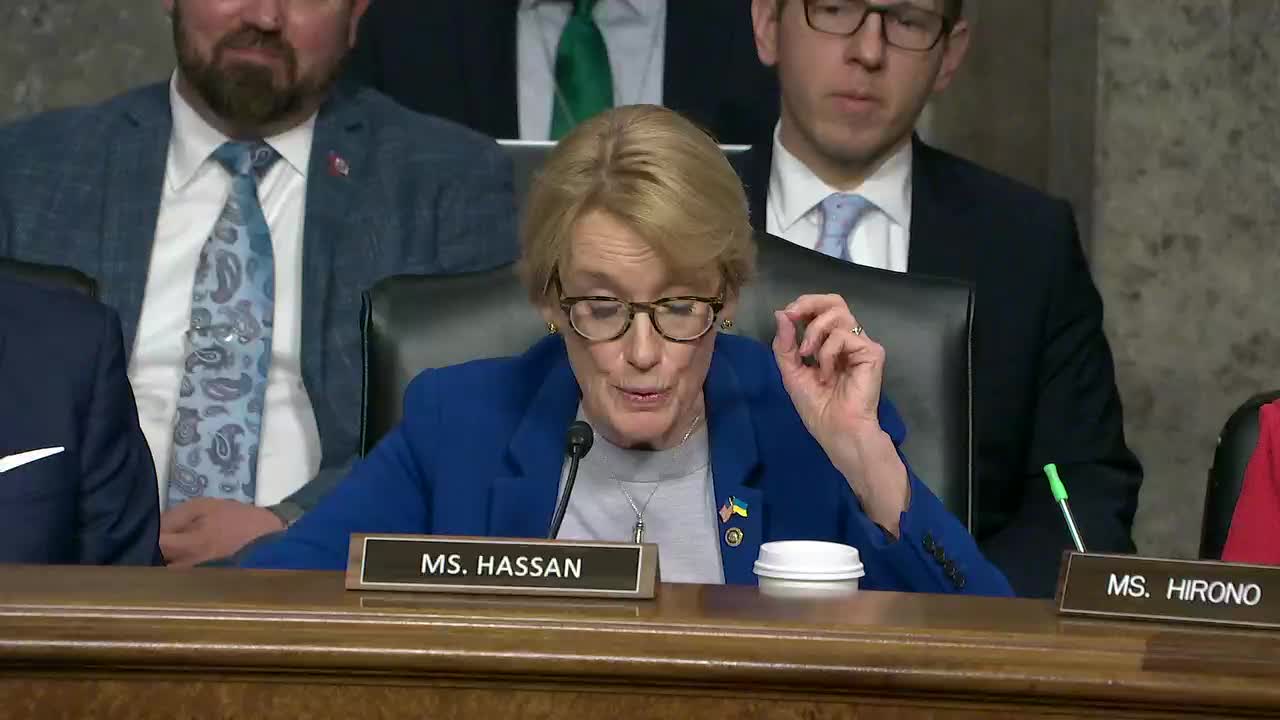
Advocates press for clearer rules and protections for caregivers under Elizabeth Dole Act and VA programs
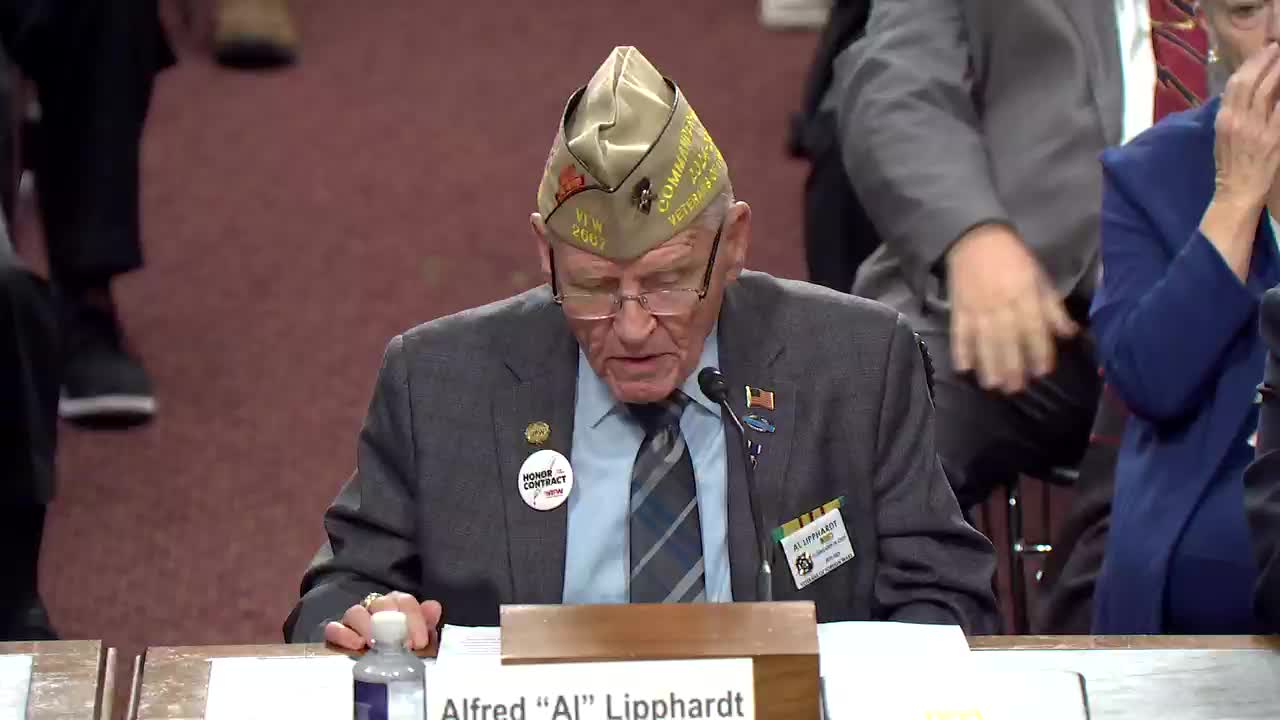
Veterans groups urge faster, transparent PACT Act implementation and oversight of presumptive process
